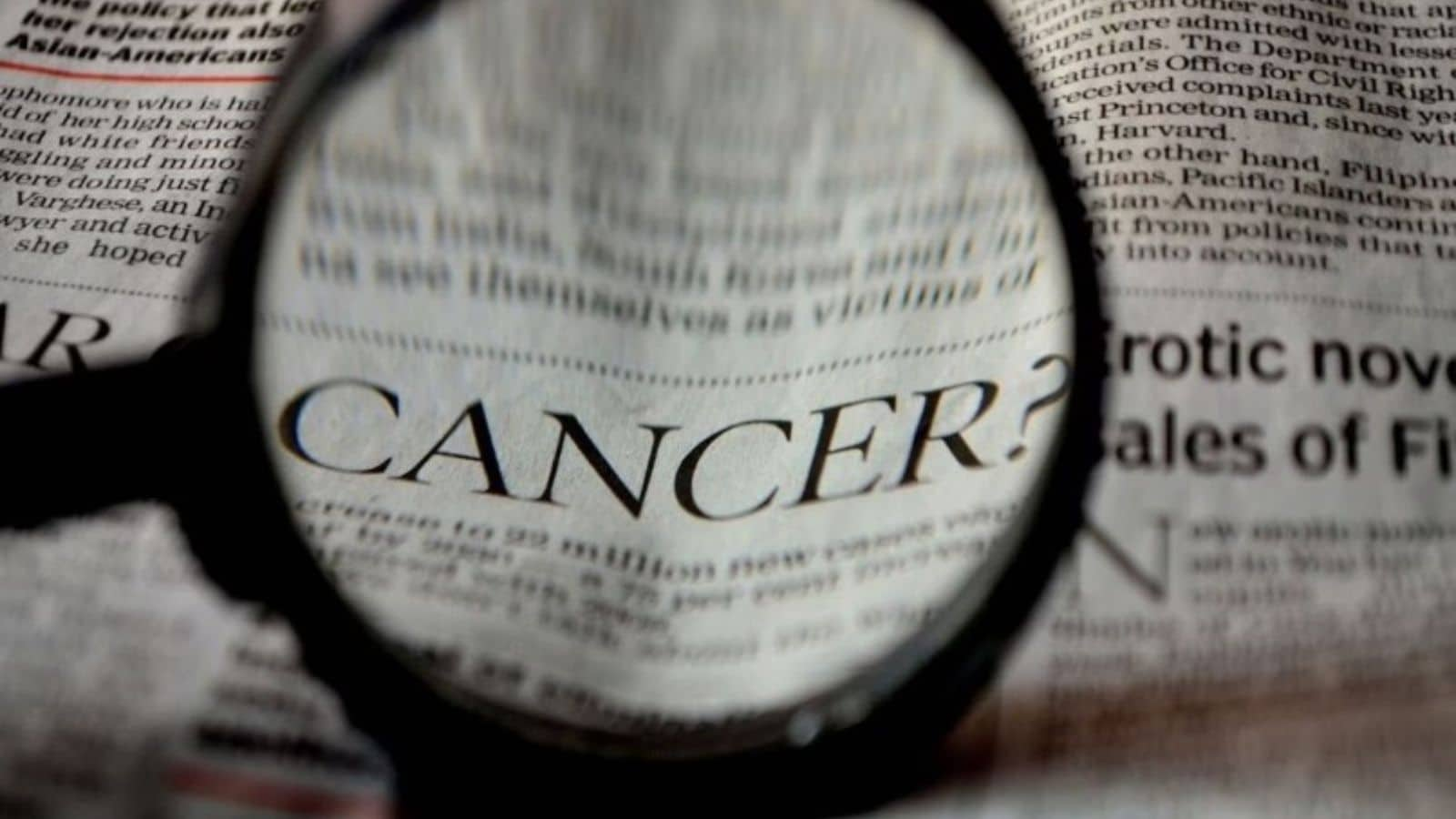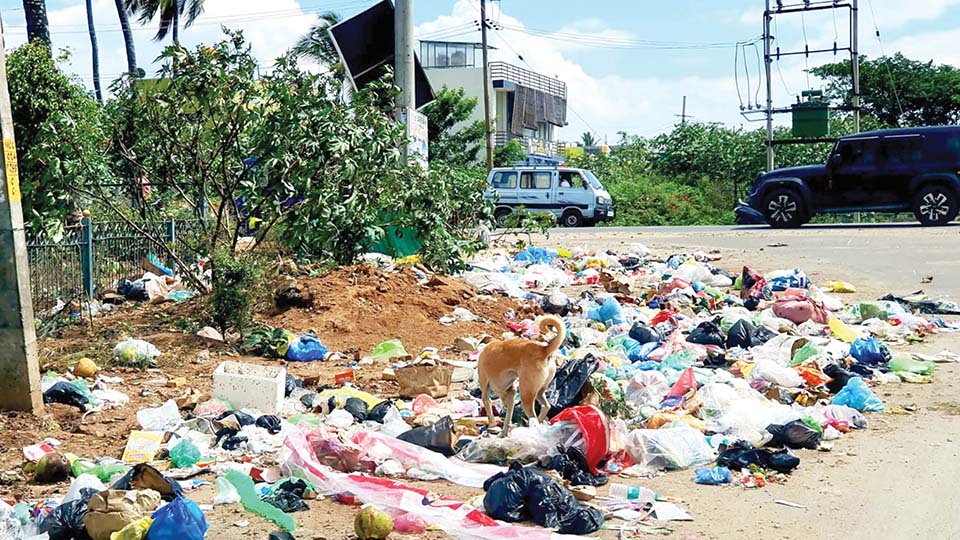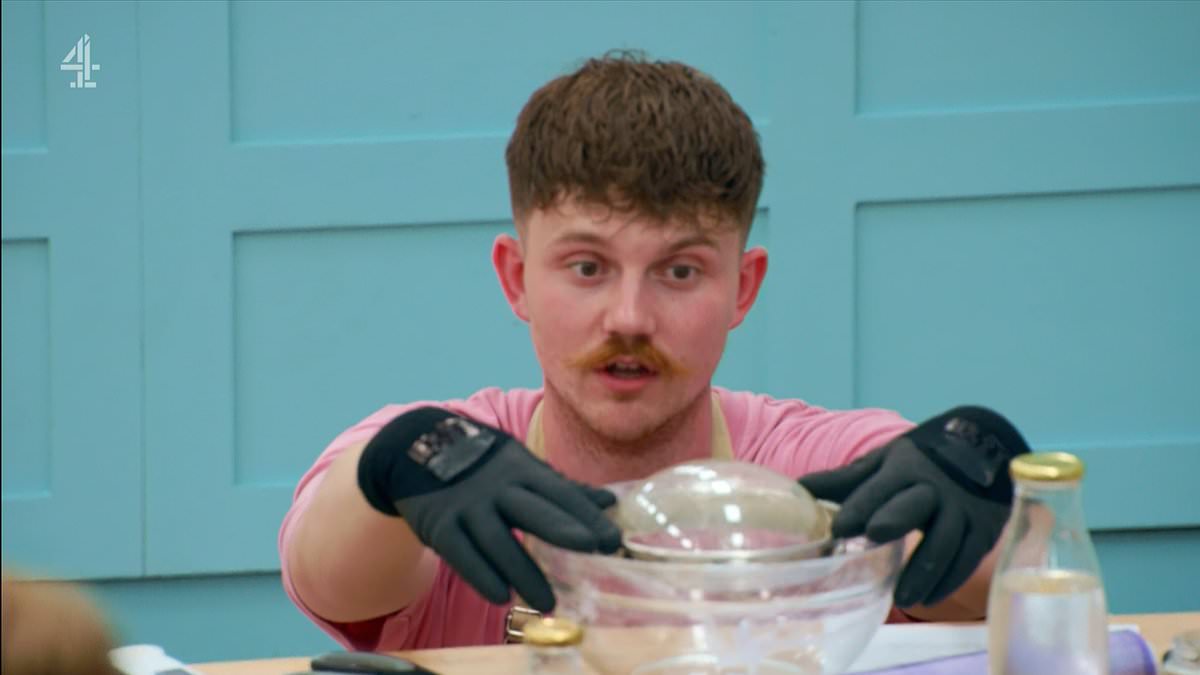Copyright news18

Each of us today knows someone—a friend, a colleague, a parent, or a neighbour—who has been diagnosed with cancer, is fighting it, or has lost that battle. The very mention of this “C-word” still sends a chill down the spine. Cancer no longer waits for old age. Across India, doctors are witnessing an unsettling trend—younger people, often in their twenties and thirties, are being diagnosed with cancers once thought to appear much later in life. A disease that we thought belonged to the twilight years is now creeping into the prime of youth—and too many are discovering it when it’s already too late. In a rare move, Paras Health Gurugram last week issued an advisory, warning about the alarming rise in breast cancer cases among Indian women. The alert cited projections from the National Cancer Registry Programme (NCRP) that breast cancer will account for over 2.3 lakh new cases in India by the end of 2025, making it the leading cancer among women. Despite major advances in diagnostics, the biggest challenge remains late detection. “Nearly 60 per cent of Indian women are diagnosed with breast cancer at stages III or IV, where treatment options are limited and survival rates decrease,” the hospital’s advisory said. “In contrast, early detection offers a survival rate exceeding 90 per cent, underscoring the critical importance of regular screenings and self-examinations.” The hospital has advised all women above 20 to perform monthly breast self-examinations, undergo clinical breast examinations every one to three years between ages 30 and 40, and start mammography every two years after 40. It also cautioned women not to ignore even a painless lump. But breast cancer is not the only concern. Doctors are also seeing younger patients with blood cancers and other malignancies, often arriving with vague or easily overlooked symptoms. Can Persistent Cough Be A Telling Sign? Yes “Symptoms such as anaemia of unknown etiology, more than 10 per cent weight loss in six months, persistent cough, any kind of regular bleeding, dark colour stool, change in stool colour or size, painless lump, difficulty to swallow, yellow colouring of skin—all these are telling signs,” said Dr Pragya Shukla, head of department, clinical oncology at Delhi State Cancer Institute. “I have been seeing a lot of young patients coming and their prognosis is very bad.” Dr Gaurav Dixit, associate director, haemato-oncology and bone marrow transplant at Paras Health Gurugram, shared the same concern: “Weight loss, loss of appetite, change in bowel habits, prolonged cough, prolonged fever, swelling (lymph nodes) over the body, unusual bleeding can be some of the symptoms.” Dixit also concurred seeing a lot of young patients. “The average age of diagnosis of blood cancer is about five years to a decade early in India as compared to the West.” The danger, doctors say, lies in complacency. Common symptoms are often dismissed as minor ailments—a cough blamed on pollution, fatigue on work stress, or digestive trouble on diet. But sometimes, these are early alarms from a body in distress. Sample this story of Milli Tanner, a 20-year-old from the UK, which captures this danger vividly. She began experiencing stomach pains, back pain and blood in her stool at 19. She saw her doctor 13 times and even went to the emergency room, only to be told she was “too young to have bowel cancer”. Months later, when she finally got tested, the cancer had already advanced to stage 3. Her reflection now is searingly simple: “You know your own body better than anybody else does. If it feels wrong, then keep going back until you find what is wrong.” Tanner shared her experience in an interview with The Independent. Her story may be from the West, but it mirrors what many Indian doctors are warning about—younger patients being diagnosed late because no one expects cancer at that age. According to the GLOBOCAN 2022 fact sheet by the International Agency for Research on Cancer (IARC) and the Indian Council of Medical Research–National Cancer Registry Programme (ICMR–NCRP), the top five cancers in India are breast cancer, lip and oral cavity cancer, cervical cancer, lung cancer, and oesophageal cancer, together accounting for nearly 44 per cent of all new cancer cases in the country. Prevention, Not Panic At a recent talk in Ernakulam, Dr Rajeev Jayadevan, convener, scientific committee and past president, India Medical Association (IMA), Cochin, reminded that public fear around cancer is often misplaced. While people worry about foods, chemicals or night shifts, the real and proven culprits remain tobacco and alcohol, which together drive a major share of preventable cancers. He pointed out that no amount of alcohol is considered safe, and quitting these two habits does more for prevention than any diet trend ever could. He cautioned against the social-media panic that exaggerates dietary links, saying that eating meat or avoiding it makes little difference in real-world risk compared with smoking or heavy drinking. Many lifestyle factors labelled carcinogenic, he said, are dose- and duration-dependent, and correlation is often mistaken for causation. India’s problem is two-fold: people ignore early signs, and the system often doesn’t catch disease early enough. Screening is sporadic, lifestyle risks are mounting, and awareness remains low. The result—cancers are being detected younger, but later in stage. But even in this grim landscape, hope is not lost. Scientists at the University of Florida have created a breakthrough mRNA cancer vaccine that erased deadly brain tumours in early human trials, without chemotherapy or radiation. Tested on four glioblastoma patients, the vaccine reprogrammed their immune systems within 48 hours to attack the tumour. Built from each patient’s own tumour cells and delivered via lipid nanoparticles, it showed remarkable success like earlier tests in mice and dogs. It is now advancing into Phase 1 paediatric trials. A future where cancer can be fought—even immunised against—may not be far away. But until the world finds that solution, we must find cancer early. We must listen when the body whispers before it screams. Awareness, vigilance, and timely screening remain our strongest weapons because cancer caught early can be treated, but cancer ignored can take everything.



